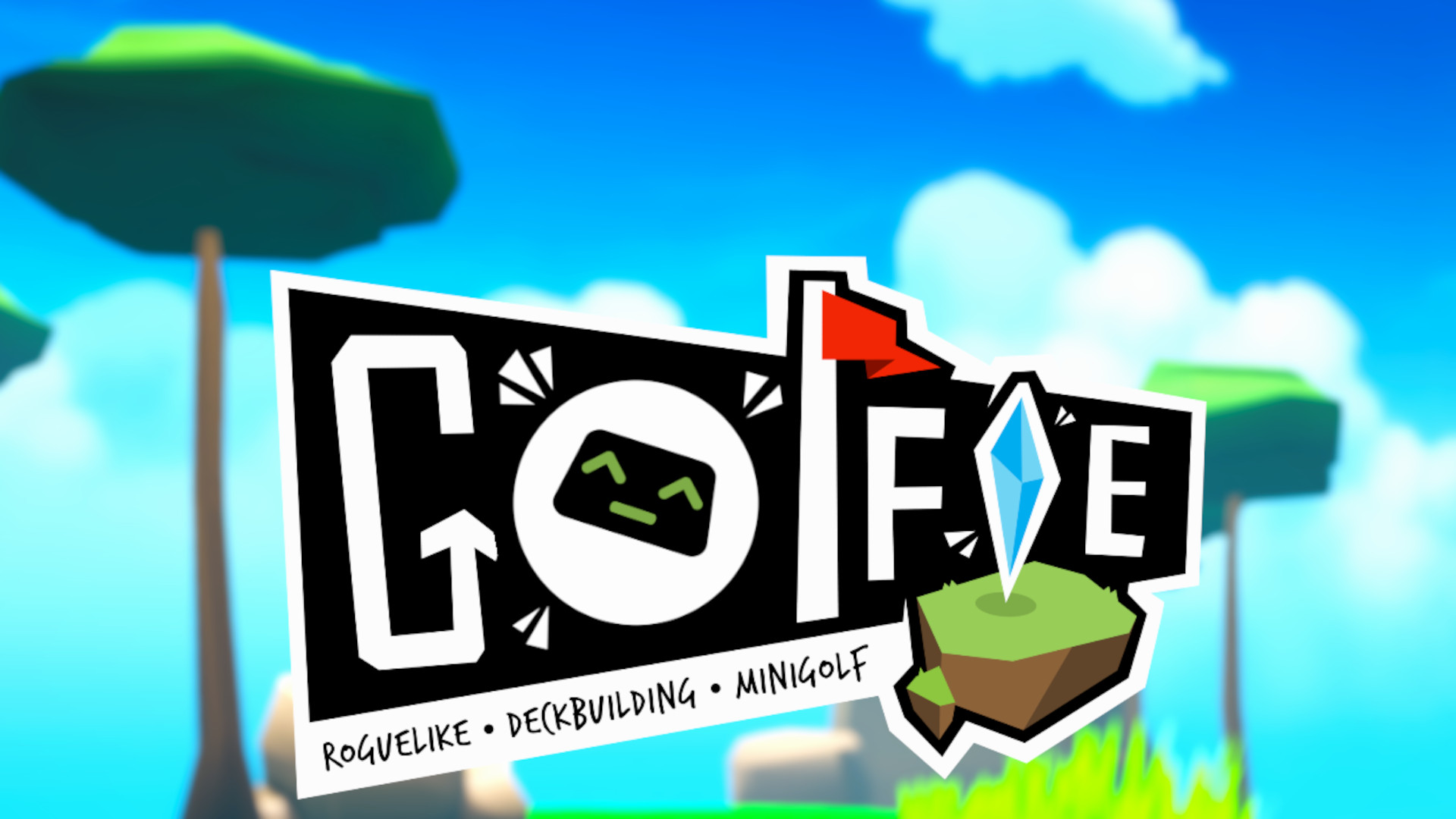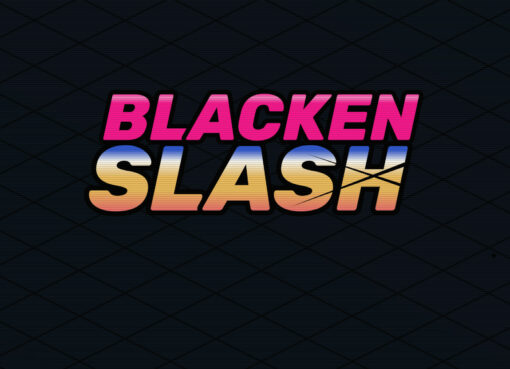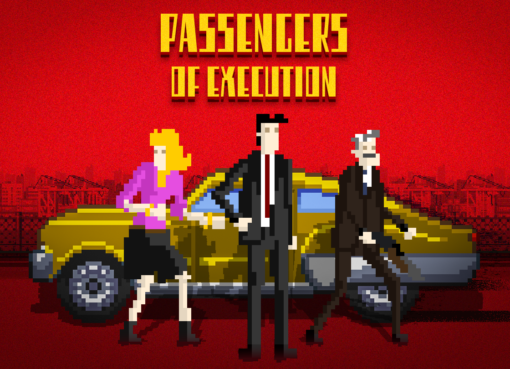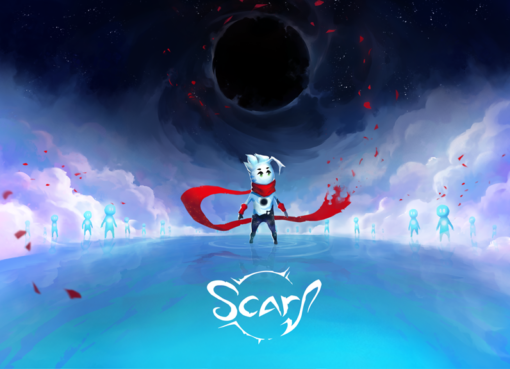Golfie is an early access minigolf game developed in Unity. It is quite different than a typical minigolf game in that deck building and roguelike elements are part of the game. The progression through course holes appears to be random with random elements to the holes themselves. A few starting points are available, and the progress from hole to hole has a few forks or crossover paths (from other starting holes). It’s possible that there are easier paths or starting positions, but isn’t clear by viewing the ‘map’. The deck building aspect has cards that add lobbing, power, curve, as well as placeable walls and even springboards. In most situations, using cards is pretty much required as the default shot power is so low that it is useful only when right at the hole or in a tight spot where playing cards would only make the situation worse.

There graphics and sound options, as well as a few general options in Golfie. Sadly, the developer assumes all player are right-handed and the typical WASD and nearby key are fixed in the game and cannot be remapped. For the most part the mouse is used; the keys mainly come into play when placing objects, such as a wall or springboard. There is a background music loop, which is passable, however quickly becomes fatiguing to listen to. It can be turned off in the settings and for graphics, the resolutions, window mode, framerate limit, quality, and vsync can be adjusted. General setting include thing like the language, pan speed and check boxes to invert the horizontal and vertical mouse camera movement. What Golfie is missing that would be helpful is a way to alter the camera view, especially when attempting a shot. Due to the way the camera works, sometimes it isn’t possible to get a good view angle if the ball is right up against a wall or tree.

The holes in Golfie feel randomly generated via component ‘sections’ that are linked together to make up a hole. Some of the configurations are bizarre, nothing like what would be seen in real world minigolf. There are crystals and gold coins on most of the holes. The crystals, when hit, give the player an opportunity to select one of three random cards to add to the deck. Hitting the coins simply adds coins to the players count. With the random configurations of the holes, it’s possible that there will be multiple crystals and many coins or very few/none of either. In many cases, going for a crystal or coins may mean making a shot into an area that will be very difficult to get out of and back into the main playing area, wasting strokes. Depending on what cards are drawn, there may not be any good options for a stroke, leading to very little or no progress at all on that hole.

Golfie is generally easy to play, after becoming familiar with the cards and the power of strokes under various card settings. There is a compounding effect to cards, for example, using two lobs and a power stroke, will allow the player to make a fairly long shot that clears ground obstacles. It possible to stack up to five cards, though that wouldn’t be practical most of the time. There are times where the ball location and lack of good card draws can be frustrating and it is possible to get into some very difficult positions. Unlike most minigolf games, it also fairly easy to knock the ball out of bounds and lose the stroke. In Golfie the roguelike element is that once too many strokes are used up, the round is over and the player is sent to the main menu to try again. Over all Golfie is a fun game, albeit with a few quirks that need to be addressed by the developers. It is recommended with the understanding that it is in early access and it will get better with time.
Jacmac is an ancient gamer that loves open world, strategy, FPS, and tactical sims, but will play almost anything.






Comment here